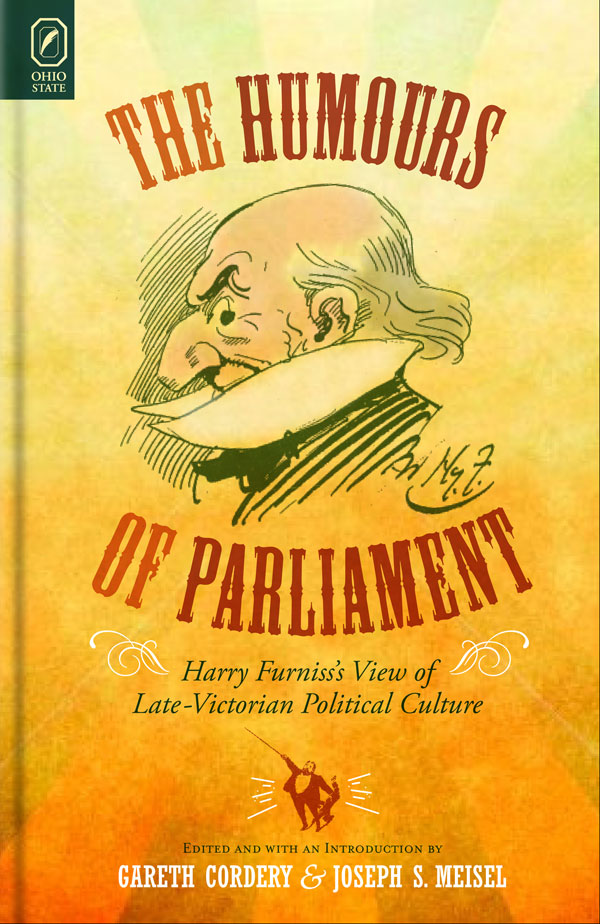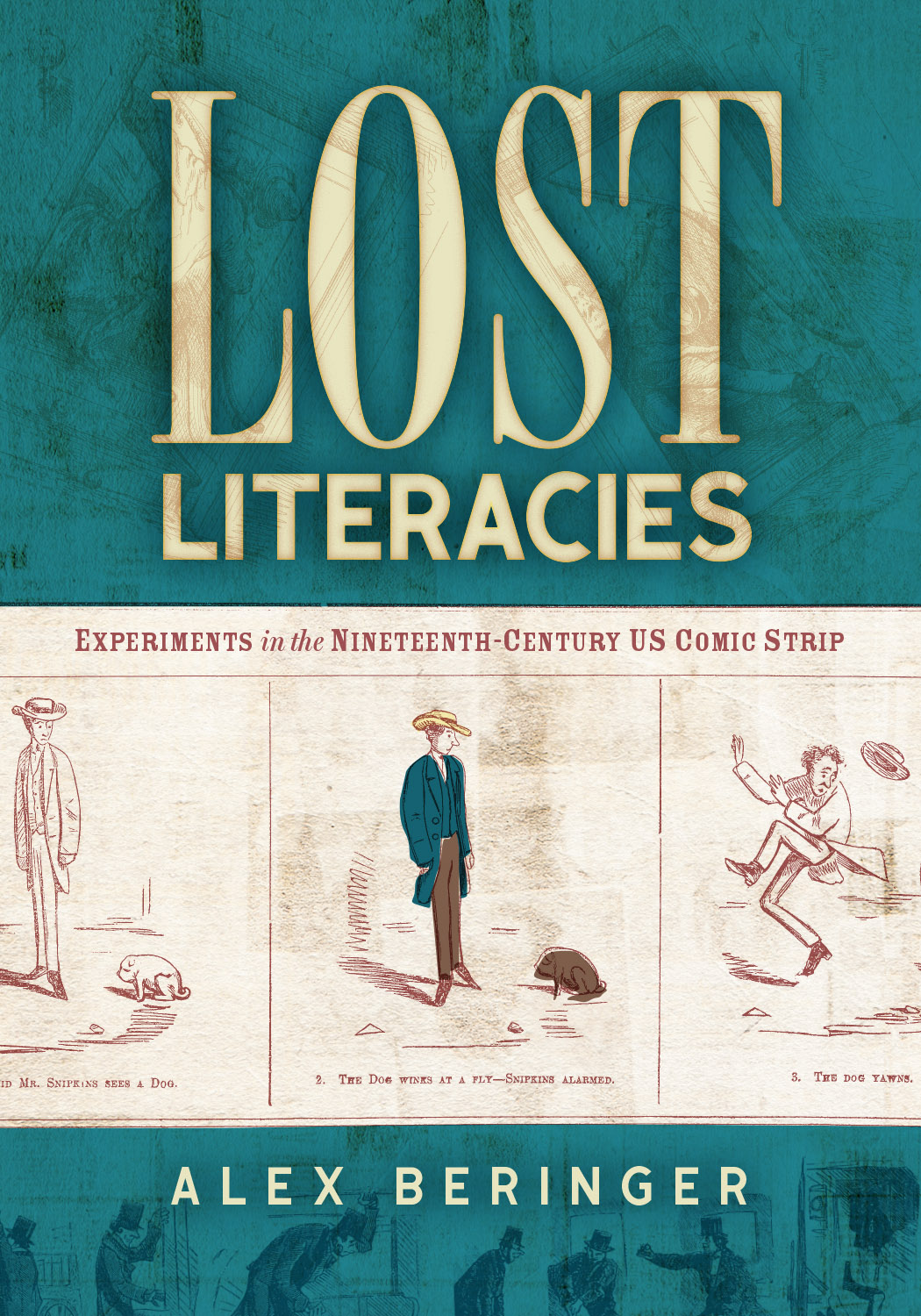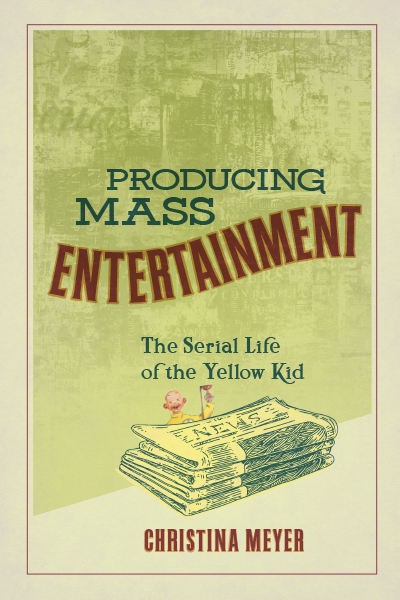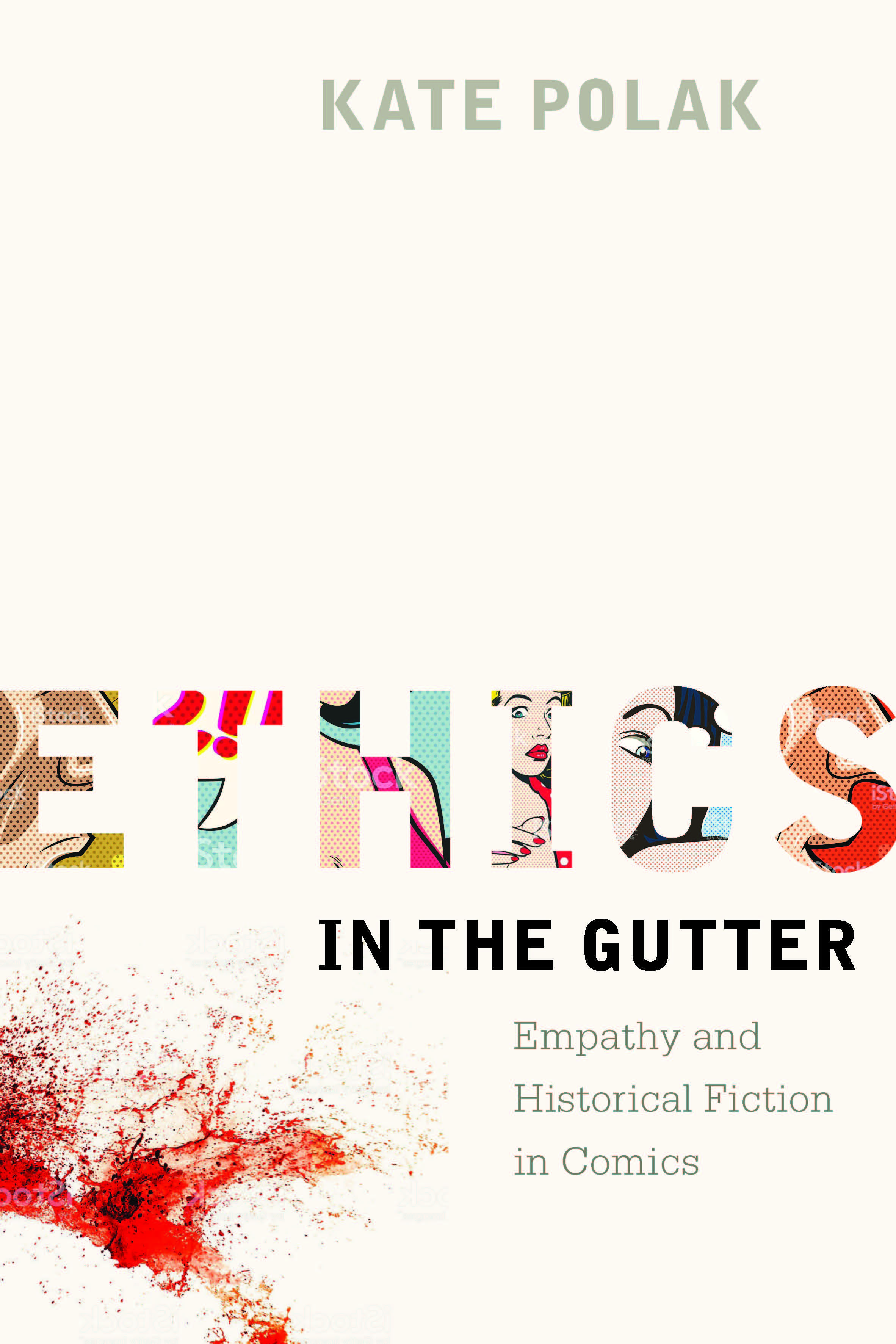2024 Choice Outstanding Academic Title
Read an interview with Alex Beringer on JSTOR Daily
Read an interview with Alex Beringer in Shepherd Express
“Providing lists of archives, periodicals, and graphic albums that can be starting places for future researchers, this is a fascinating account of early comics history generally unknown and warranting serious consideration, and it sheds light on some true inventors of comics. Lost Literacies is an excellent book in all dimensions. Summing Up: Essential. All readers.” —J. A. Lent, CHOICE
”A convincing contribution to scholarship....Beringer’s study productively challenges the reader to question what constitutes the dividing line between comics and contiguous genres such as illustrated periodicals. As such, the book will be of interest to comics scholars and to scholars of nineteenth-century periodical publishing both in the United States and in Europe.“ —Francesca Benatti, Modern Language Review
“In Lost Literacies, Alex Beringer deftly brings together a wealth of material many comics scholars may not previously have seen ... its archival work and the picture it draws of the wide, varied world of nineteenth-century American comics is unmatched, and Lost Literacies will certainly serve as a valuable starting point for much scholarship to come.” —Shawn Gilmore, Inks: The Journal of the Comics Studies Society
“The greatest contribution of Lost Literacies is its excavation and detailed analysis of an important and neglected phase in comics history, print history, and the history of visual culture as a whole...A compelling missing piece to the puzzle of comics history.” —Frances Thielman, Early Popular Visual Culture
“[Lost Literacies] offers a compelling call to attend to the variety and idiosyncrasy of nineteenth-century comics that we miss when we read these texts largely for their resonance with more recent comics.” —Sara Sillin, American Literary History
Lost Literacies is the first full-length study of US comic strips from the period prior to the rise of Sunday newspaper comics. Where current histories assume that nineteenth-century US comics consisted solely of single-panel political cartoons or simple “proto-comics,” Lost Literacies introduces readers to an ambitious group of artists and editors who were intent on experimenting with the storytelling possibilities of the sequential strip, resulting in playful comics whose existence upends prevailing narratives about the evolution of comic strips.
Over the course of the nineteenth century, figures such as artist Frank Bellew and editor T. W. Strong introduced sequential comic strips into humor magazines and precursors to graphic novels known as “graphic albums.” These early works reached audiences in the tens of thousands. Their influences ranged from Walt Whitman’s poetry to Mark Twain’s travel writings to the bawdy stage comedies of the Bowery Theatre. Most importantly, they featured new approaches to graphic storytelling that went far beyond the speech bubbles and panel grids familiar to us today. As readers of Lost Literacies will see, these little-known early US comic strips rival even the most innovative modern comics for their diversity and ambition.
Alex Beringer is Professor of English at the University of Montevallo. He has held fellowships with the University of Cambridge and the American Antiquarian Society. His research concerns nineteenth-century American visual culture, literature, and comics. Find him at www.alexjberinger.com.
Contents
List of Illustrations
Acknowledgments
Introduction Transatlantic Picture Stories
Chapter 1 “Giotto’s Magic Circle”: Breakthroughs in Sequential Comics
Chapter 2 Everyday Adventures: Character Studies and Skits
Chapter 3 Drawn from the Stage: Theater Comics
Chapter 4 Impressions of Places: Augustus Hoppin and Travel Comics
Epilogue After the First Wave of US Comic Strips
Bibliography
Index
“Beringer’s vast knowledge of, and profound love for his subject matter is on full display ... his generous study is both informative and inspiring – a magnifying glass on comics history that’ll ensure you never see comic books, graphic novels, New Yorker cartoons, Garfield comic strips, and the like in quite the same light.” —Paul D’Agostino, Art Spiel
“This extensively researched volume is a must for two groups of scholars on perhaps opposite sides of the same center. First, it is a history of graphic communication for those seeking historical evolution and perspective. Then it is a treasure trove of antiquities for those who love comic strips simply for what they are: entertainment, often with meaningful philosophical underpinnings. … Beringer has made an important contribution to comic strip history.” —Bill Plott, Alabama Writers’ Forum
“Lost Literacies recovers and makes meaningful a large archive of forgotten visual materials from illustrated weeklies, newspapers, and books. By collating this vital prehistory of the comic strip, Beringer reveals fascinating features of nineteenth-century US urban visual culture. An elegant and exciting study.” —Sandra Tomc, author of Fashion Nation: Picturing the United States in the Long Nineteenth Century
“Beringer’s repositioning of the history of comics gives a more nuanced account of the way the comics form developed in America than anything currently available. Lost Literacies is a valuable reference for the growing number of scholars studying the comic strips of later periods.” —Ian Gordon, author of Superman: The Persistence of an American Icon
Related Titles:

The Humours of Parliament
Harry Furniss’s View of Late-Victorian Political Culture
Edited and with an Introduction by Gareth Cordery and Joseph S. Meisel




